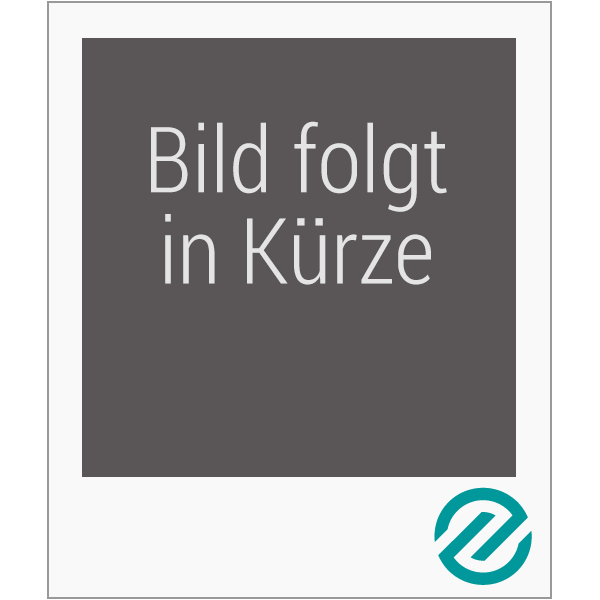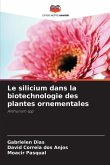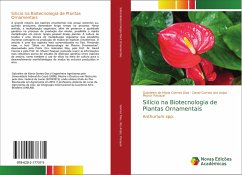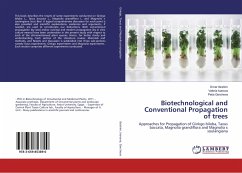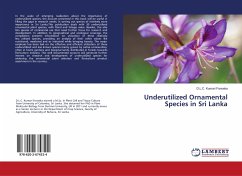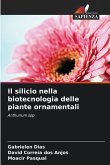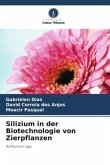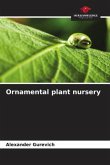The vast majority of ornamental species don't have seeds or, when they do, they take a long time to produce. In this sense, vegetative multiplication not only preserves the genetic quality of the seedling production process, but also enables the rapid multiplication of these plants in the shortest possible time. Tissue culture is a vegetative multiplication technique that offers numerous advantages in the production of seedlings of ornamental species. Anthurium is one of the most commercialized species in the country. With this in mind, the book "Silicon in Ornamental Plant Biotechnology", developed by Prof. Dr. Gabrielen Dias, Prof. Dr. David Correia and Prof. Dr. Moacir Pasqual, aims to bring together the most relevant information about genetic distinction studies between anthurium species, as well as the use of silicon in the culture medium for the morphophysiological development of anthurium seedlings produced in vitro.
Bitte wählen Sie Ihr Anliegen aus.
Rechnungen
Retourenschein anfordern
Bestellstatus
Storno

